
The Hebrew Union College – Jewish Institute of Religion is a Jewish seminary with three locations in the United States and one location in Jerusalem. It is the oldest extant Jewish seminary in the Americas and the main seminary for training rabbis, cantors, educators and communal workers in Reform Judaism. HUC-JIR has campuses in Cincinnati, Ohio, New York City, Los Angeles, and Jerusalem. The Jerusalem campus is the only seminary in Israel for training Reform Jewish clergy.
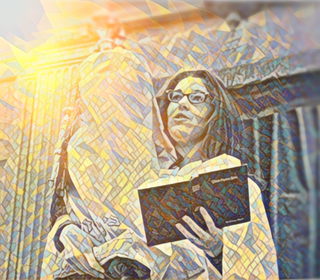
Sally Jane Priesand is America's first female rabbi ordained by a rabbinical seminary, and the second formally ordained female rabbi in Jewish history, after Regina Jonas. Priesand was ordained by the Hebrew Union College-Jewish Institute of Religion on June 3, 1972, at the Plum Street Temple in Cincinnati. After her ordination she served first as assistant and then as associate rabbi at Stephen Wise Free Synagogue in New York City, and later led Monmouth Reform Temple in Tinton Falls, New Jersey from 1981 until her retirement in 2006. She is featured in numerous books including Rabbis: The Many Faces of Judaism and Fifty Jewish Women who Changed the World.
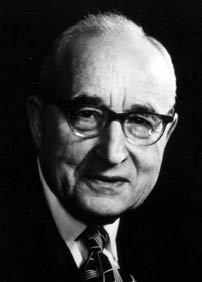
Jacob Rader Marcus was a scholar of Jewish history and a Reform rabbi.
Ammiel Hirsch is an American Reform rabbi and attorney. He is the senior rabbi of Stephen Wise Free Synagogue and former executive director of the Association of Reform Zionists of America/World Union for Progressive Judaism, North America. In 2018, The Jerusalem Post named him among “The 50 Most Influential Jews of the Year.” In 2016, City & State New York magazine praised him as “the borough's most influential voice” for Manhattan's more than 300,000 Jews, and, in 2015, the New York Observer named him among “New York’s Most Influential Religious Leaders.” He has written two books: "The Lilac Tree: A Rabbi's Reflections on Love, Courage, and History" (2023) and "One People, Two Worlds: A Reform Rabbi and an Orthodox Rabbi Explore the Issues That Divide Them" (2003), which he co-authored with Rabbi Yaakov Yosef Reinman.
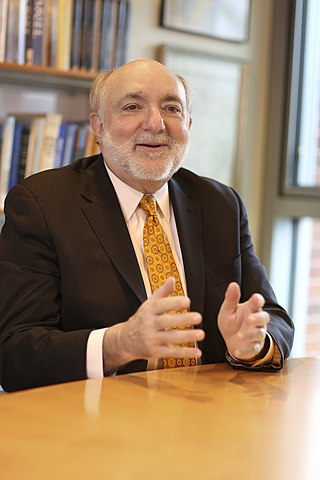
David Ellenson was an American rabbi and academic who was known as a leader of the Reform movement in Judaism. Ellenson was director of the Schusterman Center for Israel Studies and visiting professor of Near Eastern and Judaic studies at Brandeis University and previously president of the Hebrew Union College-Jewish Institute of Religion (HUC-JIR). He previously served as president of HUC-JIR from 2001 to December 31, 2013, and was later chancellor emeritus of that college until his death. Ellenson had served as interim president following the death of his successor, Aaron D. Panken until the inauguration of Andrew Rehfeld, the 10th and current President.
Rachel Adler is Professor Emerita of Modern Jewish Thought and Judaism and Gender at Hebrew Union College, at the Los Angeles campus.
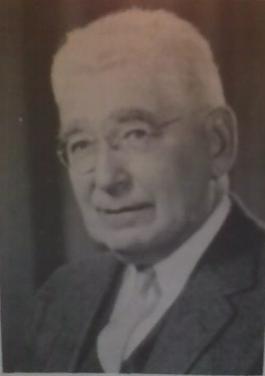
Solomon Bennett Freehof was a prominent Reform rabbi, posek, and scholar. He served as president of the Central Conference of American Rabbis and the World Union for Progressive Judaism. Beginning in 1955, he led the CCAR's work on Jewish law through its responsa committee. He also spearheaded changes to Reform liturgy with revisions to the Union Prayer Book (siddur). For many years, he served as the pulpit rabbi at Rodef Shalom in Pittsburgh, PA.
Rabbi Sheldon Zimmerman is a former rabbinic leader in Reform Judaism. He is a past president of the Central Conference of American Rabbis (CCAR) and Hebrew Union College-Jewish Institute of Religion. In 2000, Zimmerman was suspended from the CCAR after an inquiry regarding inappropriate sexual conduct revealed a pattern of predatory behavior, including fondling and kissing a teenager. He subsequently resigned as the 7th president of HUC-JIR which he had led from 1996–2000.

Women rabbis are individual Jewish women who have studied Jewish Law and received rabbinical ordination. Women rabbis are prominent in Progressive Jewish denominations, however, the subject of women rabbis in Orthodox Judaism is more complex. Although a significant number of Orthodox women have been ordained as rabbis, many major Orthodox Jewish communities and institutions do not accept the change. In an alternative approach, other Orthodox Jewish institutions train women as Torah scholars for various Jewish religious leadership roles. These roles typically involve training women as religious authorities in Jewish Law but without formal rabbinic ordination, instead, alternate titles are used. Yet, despite this alteration in title, these women are often perceived as equivalent to ordained rabbis. Since the 1970s, over 1,200 Jewish women have been ordained as rabbis.
Alfred Gottschalk was a German-born American rabbi who was a leader in the Reform Judaism movement, serving as head of the movement's Hebrew Union College-Jewish Institute of Religion (HUC) for 30 years, as president from 1971 to 1996, and then as chancellor until 2000. In that role, Rabbi Gottschalk oversaw the ordination of the first women to be ordained as rabbis in the United States and Israel, and he oversaw the development of new HUC campuses in Jerusalem, Los Angeles and New York City, three of the school's four campuses.
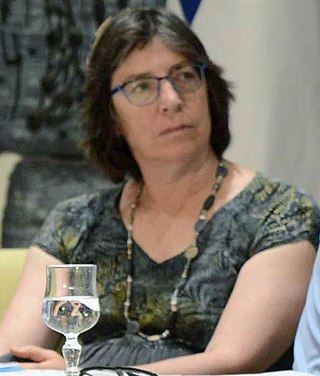
Naamah Kelman-Ezrachi is an American-born Reform rabbi who was named as Dean of the Hebrew Union College-Jewish Institute of Religion campus in Jerusalem starting in July 2009. In 1992, Kelman made history as the first woman in Israel to become a rabbi when she received her rabbinic ordination from Rabbi Alfred Gottschalk.
The cantor in the Reform movement is a clergy member who fills a diverse role within the Jewish community. Cantors lead worship, officiate at lifecycle events, teach adults and children, run synagogue music programs, and offer pastoral care. Cantors typically serve along with other clergy members, usually rabbis and occasionally additional cantors, in partnership to lead synagogue communities. The Reform cantor is a professional office with a prescribed educational path and professional organization. Cantors are "invested", a term borrowed from the idea of priestly vestments, at the conclusion of study. "Investiture" confers the status of clergy to cantors, just as "ordination" does for rabbis.
Temple Israel is the oldest synagogue in Columbus, Ohio, and a founding member of the Union for Reform Judaism. Formed as early as 1846 as the Orthodox Bene Jeshurun congregation, its first religious leader was Simon Lazarus, a clothing merchant who founded what would become Lazarus department stores.
Karen Soria is an American-born rabbi. She became the first female rabbi to serve in Australia when she joined the rabbinical team at Temple Beth Israel, a progressive Reform Jewish synagogue in Melbourne, in the 1980s. She later served as a chaplain for the U.S. Marines and the U.S. Navy; she was the first woman rabbi to serve in this capacity for the Marines, and the second in the Navy. After moving to Canada, she became the first woman rabbi to serve as a chaplain with the Canadian Forces.
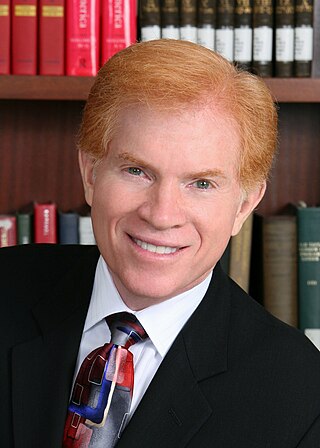
Gary Phillip Zola is the executive director of The Jacob Rader Marcus Center of the American Jewish Archives (AJA) and the Edward M. Ackerman Family Distinguished Professor of the American Jewish Experience & Reform Jewish History at Hebrew Union College-Jewish Institute of Religion (HUC-JIR) in Cincinnati. Since 1998, he has served as the second executive director of The Jacob Rader Marcus Center of the American Jewish Archives (AJA), succeeding his teacher and mentor, Jacob Rader Marcus (1896–1995). He is also editor of The Marcus Center's award-winning semi-annual publication, The American Jewish Archives Journal.

Martha Neumark (1904–1981) was a notable early figure in the history of women's ordination as rabbis. Neumark was widely reported to be the first Jewish woman to be accepted into a rabbinical school.

Peninsula Temple Sholom (PTS) is a Reform Jewish Congregation in Burlingame, California. It was founded in 1955, and since then, has constantly grown its congregation and has expanded its facilities to include a social hall, a Religious School and a Preschool. For five decades, its services were led by Rabbi Gerald Raiskin, who changed the legacy and history of the temple until his passing in 2006. Throughout the years, PTS clergy and lay leaders have continued to lead services for hundreds of reform Jews in the Bay Area and is an influential place for them to find community and practice Reform Judaism.
This is a timeline of women rabbis:

Lance Jonathan Sussman is a historian of American Jewish History, college professor, Chair of the Board of Governors of Gratz College, Melrose Park, PA and until summer 2022 the senior rabbi, now emeritus, at Reform Congregation Keneseth Israel (KI) located in Elkins Park, PA. He is the author of books and articles including: Isaac Leeser and the Making of American Judaism (1995) and Sharing Sacred Moments (1999), and a co-editor of Reform Judaism in America: A Biographical Dictionary and Sourcebook (1993) and New Essays in American Jewish History (2009). Since 2010 he has also published articles on Judaism and art.

David Neumark (1866–1924) was a German-American rabbi and professor of Jewish philosophy. He authored several notable works on Jewish philosophy and Jewish law, and served as a professor at Hebrew Union College in Cincinnati, Ohio.













